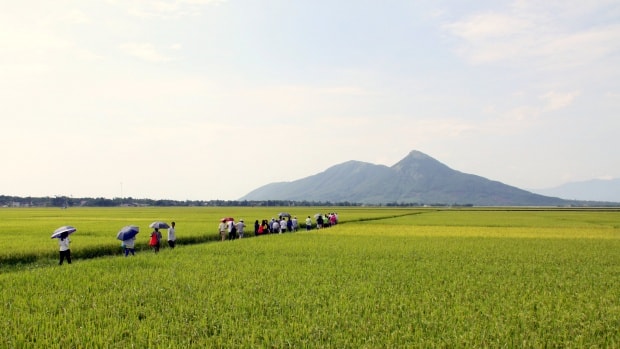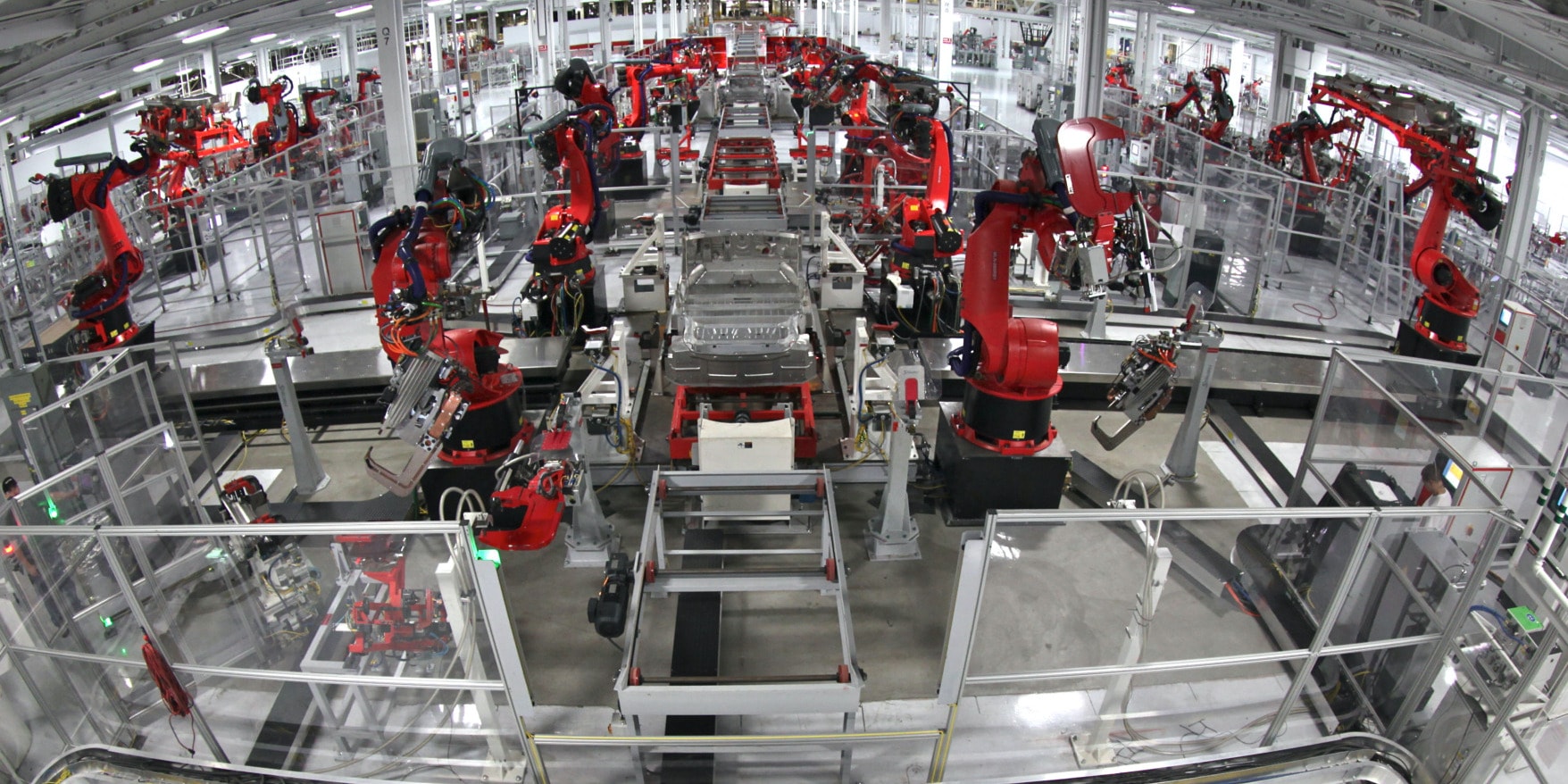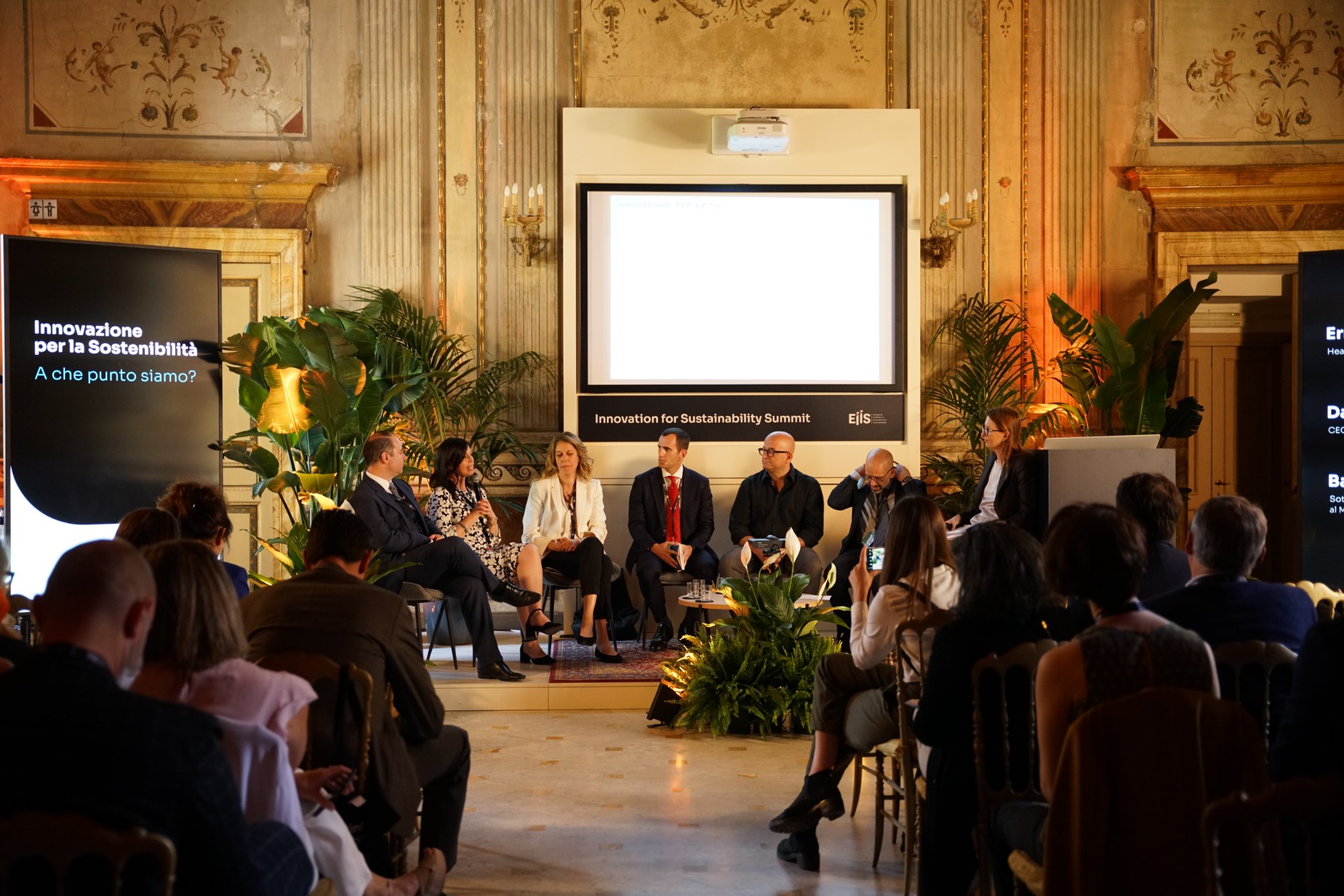How scaling can help to achieve large-scale impacts through agricultural innovation.
Is there a blueprint to establish scaling as a key part of agricultural innovations? Experts believe there are many ways to do it.
Related topics: De-risking agricultural value chains – Developing a more coherent theory of scaling – Participation: key to the creation of new farming systems
Generating positive livelihood impacts for millions of farmers from agricultural innovations is the main goal of scaling them. Such reach and impacts require a lot of investment and the mobilization of many people. This calls for institutional alignment within implementing organizations and collaboration with existing partners and potential allies.
The possible gains of scaling agricultural innovations, as well as other relevant issues, were discussed during the Conference on Scaling last November 2018. The Conference was facilitated by the CGIAR/GIZ Task Force on Scaling and organized by the CGIAR Research Program on Climate Change, Agriculture and Food Security (CCAFS) in Southeast Asia.
The “business” of scaling
Multi-stakeholder initiatives with “big” money at stake entails competing interests and needs. A research organization that aims to integrate scaling into its agricultural programs must employ people with great negotiation skills and an understanding of the languages of stakeholders. Negotiations, at the end of the day, must respond to stakeholder needs. If their needs are met, they are more likely to invest in such a novel process like scaling.
Advocating for scaling outside the organizational level is required as well. The organization must link with people possessing the influence at the donor and field level. These include project leaders, field workers, and communication practitioners, among others. The purpose is both economical and practical. The organization can gather funds for scaling and mobilize people who can advocate scaling for them.
One potential advocate of scaling is the private sector that needs maximum possible returns of their investments. This same thinking can be applied for agricultural innovations. Organizations must determine the possible returns of scaling to convince the private sector to invest in agricultural innovations.
By adopting a business perspective, organizations transform the way they conduct research. Scaling, after all, is different from research and requires a specific set of skills, policies, and performance evaluation criteria. Organizations must build and expand their capacity to lead scaling activities effectively.
Documenting lessons learned and success stories
Adopting and integrating scaling into agricultural innovations will not be easy, though. Situated in agriculture—a sector that constantly changes environmentally, economically, socially, and politically—research organizations must welcome failures, and in doing so, treat them as lessons. Documenting their lessons will help to learn from them, and to improve their future scaling implementation.
Documentation, however, is not limited to activities that did not work. Success stories must be documented too, both the early ones as well as the ones that already achieved large impact, to provide evidence for scaling. These can attract donors and many other potential allies to work together on scaling agricultural innovations. Through such means, organizations can gradually tap into different funding and financing sources, and be more independent from traditional donor money.
Download the publication: Koerner J, Woltering L, Uhlenbrock S, Ohmstedt U, Zeiske F, Sartas M, Theissen A. 2019. Scaling agricultural innovations –How to manage institutional change? Key messages from the CGIAR++ Scaling Workshop, Hanoi 2018. CCAFS Info Note. Wageningen, Netherlands: CGIAR Research Program on Climate Change, Agriculture and Food Security (CCAFS).
About the author: Renz Louie Celeridad is Junior Communications Specialist for the World Agroforestry Centre (ICRAF) Philippines and Communications Consultant for CCAFS Southeast Asia.
EDITOR’S NOTE: The opinions expressed here by Impakter.com columnists are their own, not those of Impakter.com. Photo Credit: Duong Minh Tuan (ICRAF)














